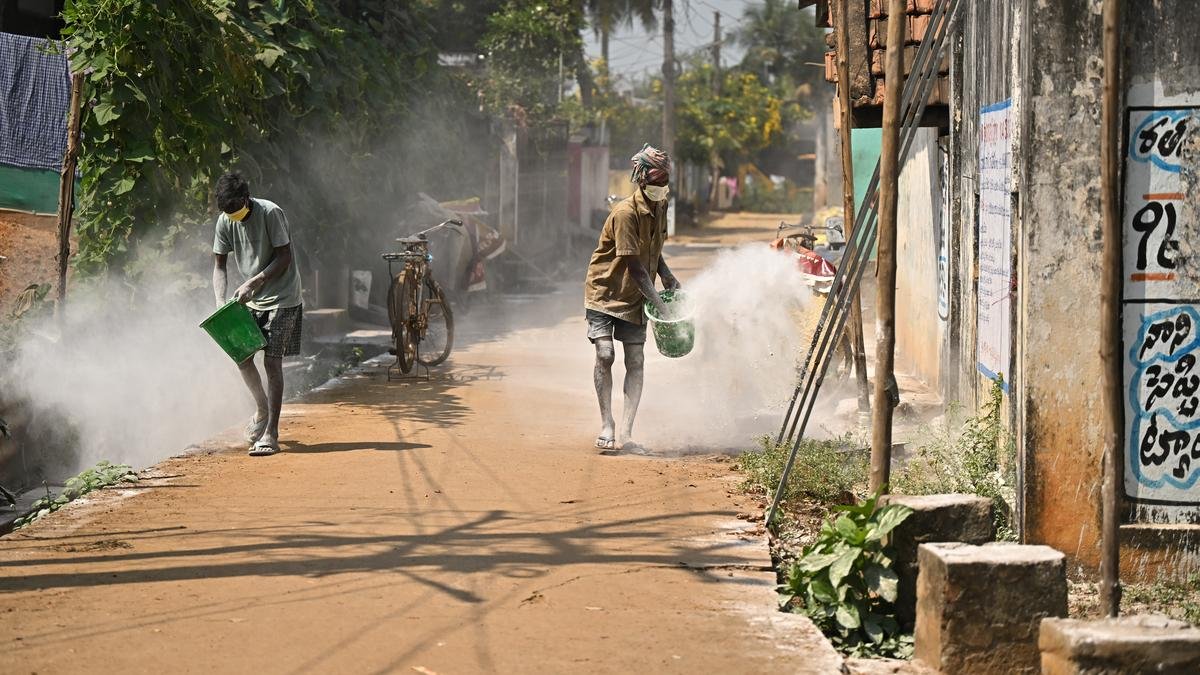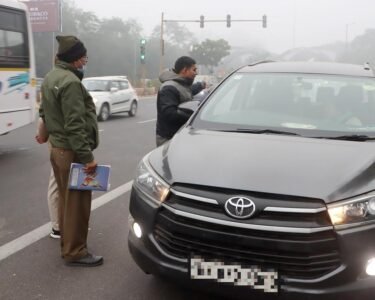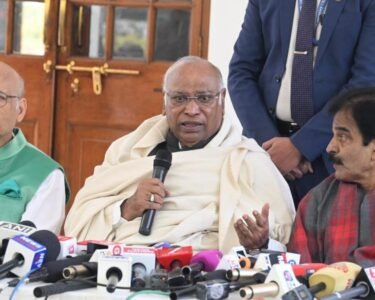The sudden closure of the school was not due to a typical holiday or a seasonal break but a direct consequence of the bird flu outbreak that had spread fear throughout the village. Parents, worried about their children’s safety, chose to keep them at home, and local authorities, as a precautionary measure,
Devastating Impact on Poultry Farmers
Amid the bird flu outbreak in, poultry farmers are struggling with severe financial and emotional distress. Thousands of birds they painstakingly raised had to be culled in an effort to contain the virus, leaving them with heavy losses. Many farmers, already burdened by rising feed costs and market fluctuations, now find themselves on the brink of ruin.
Emotional Toll and Psychological Strain
For many farmers, poultry farming is more than just a livelihood—it’s a way of life. Watching their birds being systematically put down has led to emotional anguish, with some struggling to cope with the devastation. The fear of future outbreaks and uncertainty about financial recovery further add to their distress.
Animal Husbandry Officials: The Silent Frontline Workers
Beyond the farmers, Animal Husbandry officials are also facing tremendous pressure. They are responsible for overseeing the mass euthanasia of infected birds and ensuring that strict containment measures are followed. The psychological toll of carrying out large-scale culling operations cannot be ignored, as many officials struggle with the grim reality of their work.
Sanitation Workers: The Unsung Heroes
Sanitation workers play a critical role in controlling the outbreak. They are tasked with cleaning infected areas, safely disposing of dead birds, and disinfecting poultry farms to prevent further spread. Working in high-risk conditions, they put their health on the line, often with limited resources and protective gear.
Market Disruptions and Consumer Concerns
The outbreak has also led to a decline in poultry sales, as consumer fear spreads despite assurances from health officials. Many consumers are avoiding chicken and eggs, leading to a drop in demand and further financial losses for farmers and vendors.
Government Response and Compensation Efforts
Authorities are working to contain the outbreak by implementing strict biosecurity measures and offering compensation to affected farmers. However, many believe the support is insufficient to cover their losses, and they demand more financial aid and policy interventions to prevent future outbreaks.
The Road Ahead: Rebuilding and Recovery
With the bird flu outbreak causing significant disruptions, the road to recovery for Andhra Pradesh’s poultry sector will be long and challenging. Strengthening biosecurity measures, improving compensation policies, and increasing awareness about bird flu transmission will be key to preventing such crises in the future.
Silence in Badampudi: The Impact of Bird Flu on a Village School
The Zilla Parishad School in Badampudi village, West Godavari district, Andhra Pradesh, a place usually echoing with children’s laughter and the rhythmic chants of lessons, was eerily silent on February 13. The once lively classrooms, filled with eager students, stood empty, and the school courtyard—where children ran and played freely during recess—was now covered with fallen leaves, undisturbed by little feet.
A Village Gripped by Fear
The sudden closure of the school was not due to a typical holiday or a seasonal break but a direct consequence of the bird flu outbreak that had spread fear throughout the village. Parents, worried about their children’s safety, chose to keep them at home, and local authorities, as a precautionary measure, temporarily shut down the school to prevent any potential risks.
The Emotional Impact on Students and Teachers
For students, the abrupt halt to their daily routine was unsettling. Many missed their friends, teachers, and the joy of learning in a group setting. Teachers, who had dedicated themselves to nurturing young minds, found themselves struggling with an unexpected challenge—ensuring students did not fall behind academically while also addressing the growing panic among parents.
The Ripple Effect on the Community
Beyond the school, the entire Badampudi village felt the impact. The local poultry industry, a key economic driver, faced massive setbacks as authorities ordered the culling of birds to contain the spread. Many families, dependent on poultry farming for their livelihood, suffered financial hardships, leading to an atmosphere of distress and uncertainty.
Health and Safety Concerns
Officials from the Animal Husbandry and Health Departments conducted awareness programs, urging residents to remain cautious but not panic. Strict sanitation measures were put in place, and medical teams were deployed to monitor any symptoms among villagers. However, misinformation and fear led to declining poultry sales, affecting businesses beyond just the farmers.
Hope for Normalcy
As health officials worked tirelessly to contain the outbreak, residents hoped for a return to normalcy. The school administration remained in close touch with local authorities, awaiting a green signal to reopen and welcome students back. For now, the silent corridors and empty playgrounds stood as a reminder of how an unseen virus could disrupt lives in unexpected ways.







